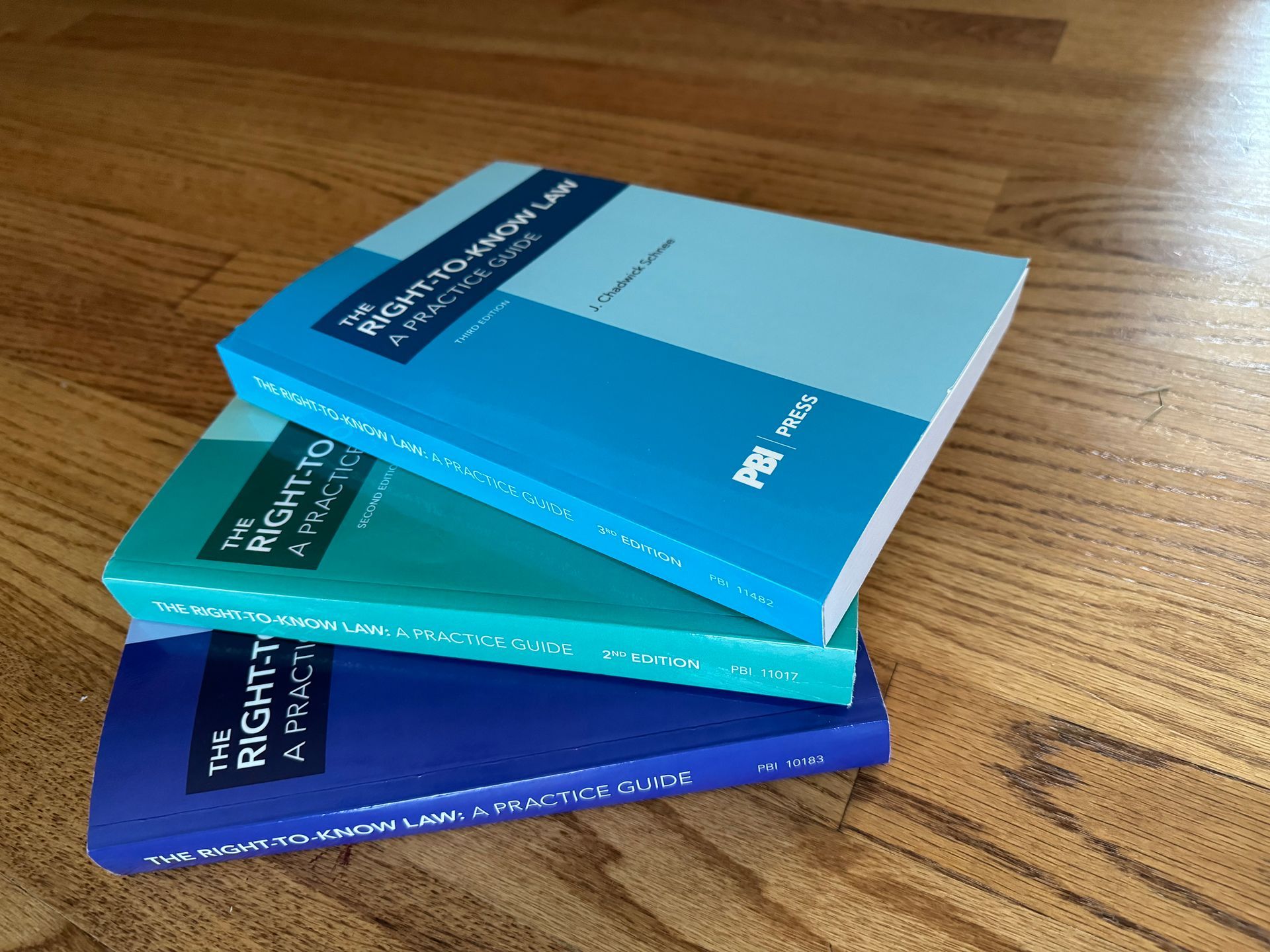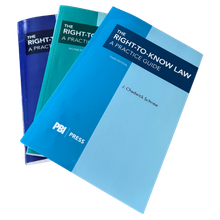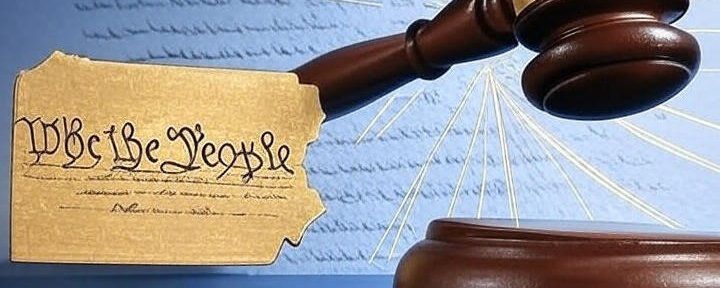Schnee Legal Services
We understand your challenges. We strive to be accessible, responsive and affordable. We know the importance of finding a law firm you can trust and that's why your trust is our top priority.
Practice Areas
"My top priority is to earn your trust and keep it."
- J. Chadwick Schnee, Esquire
Why Clients Choose Us
Our lawyers are dedicated to ensuring that you get personal attention and top-quality service for all of your legal concerns.
Schnee Legal Services In Numbers
10+
A seasoned attorney with more than a decade of experience, J. Chadwick (“Chad”) Schnee started his law firm to serve clients in a wide variety of matters, including labor and employment law, municipal issues, Right-to-Know (open records), Sunshine Act and guardianship matters. Schnee Legal Services litigates matters throughout Pennsylvania.
5
Bar Admissions
- The Supreme Court of Pennsylvania
- U.S. Third Circuit Court of Appeals
- U.S. District Court for the Western District of Pennsylvania
- U.S. District Court for the Eastern District of Pennsylvania
- U.S. District Court for the Middle
District of Pennsylvania
With a commitment to excellence and a passion for justice, we are here to support you every step of the way. Don't navigate the complexities of the legal system alone, let us be your trusted partner. Contact us now to schedule your consultation and start your journey toward resolution and peace of mind.



















